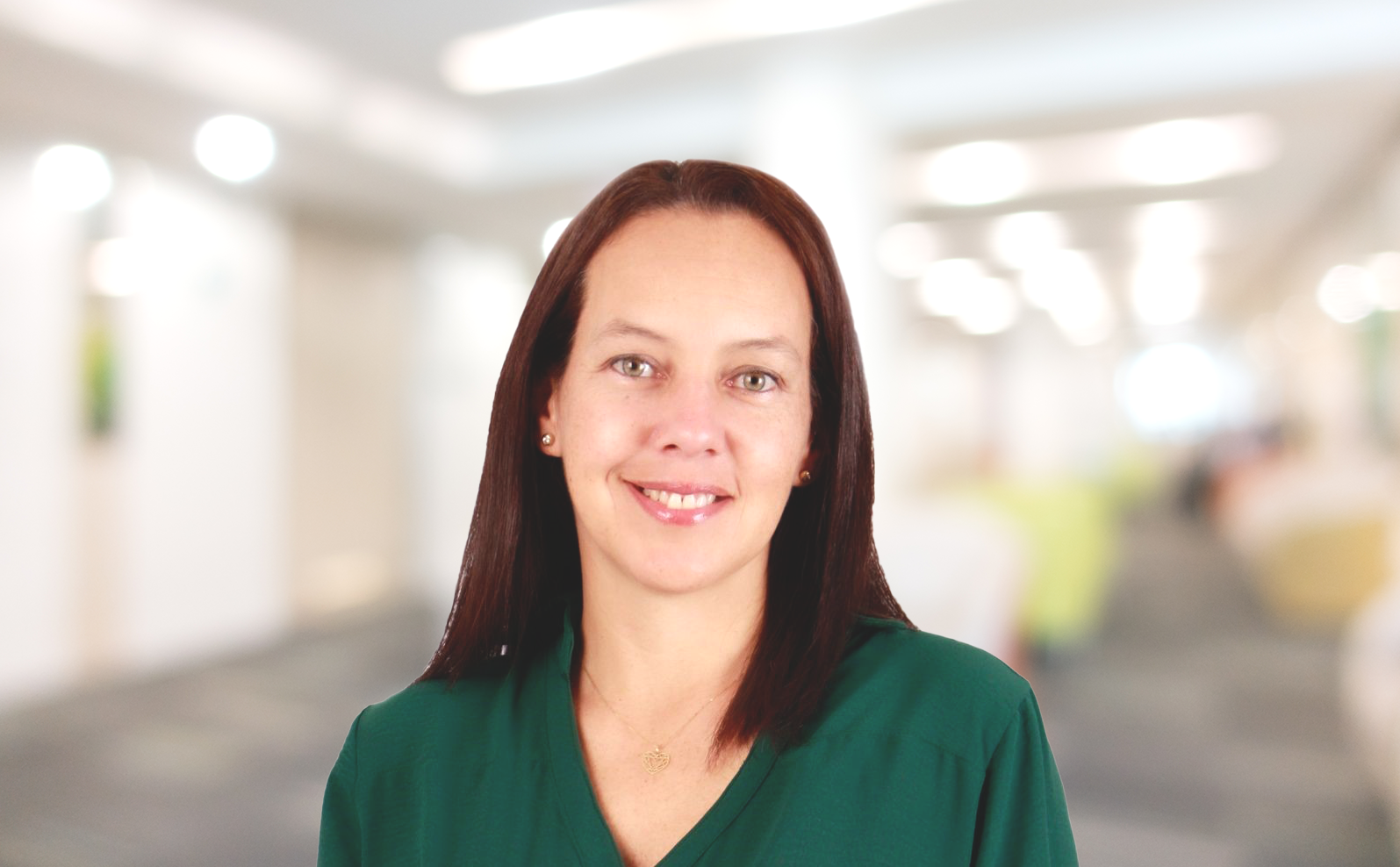
Interview to Jessica Vásquez, Minsur’s Sustainability Superintendent.
Corresponsables (@Corresponsables)
MINSUR is a company that systematically asks itself how to do things better. In 2022, Minsur defined its corporate purpose: “We improve lives, transforming minerals into wellbeing”, which makes them work much more focused on people and boost their contribution to wellbeing and development.
How is MINSUR working on sustainability, and which are its main strategic areas?
Sustainability forms an essential part of our business strategy. In the last 10 years we have incorporated different standards and tools that have allow us addressing environmental, social and governance issues in a more comprehensive and systematic way. We are in constant evolution.
A key milestone was our admission into the International Council on Mining and Metals (2018), who groups 26 companies with the highest sustainability standards in our industry. As a member, we shall fulfill, and periodically assess, demanding performance expectations. These review processes help us identifying improvement opportunities, prioritize and have a clear roadmap.
A few months ago, we have updated our 2030 sustainability strategy, which defines four working axes and a set of priorities that connect our purpose with our day-to-day activities. These axes are: people health and safety, environmental care, responsible governance and, finally, generation of shared value with our employees, suppliers and our hosting communities.
What initiatives do you have in relation to these four axes you just mentioned?
In terms of safety and health, the program MINSEGUR Zero is Possible! stands out, which works with an approach based on leadership, risk prevention and a culture of safety. Thanks to our company’s efforts we have reported the lowest accident frequency rate in Minsur’s history, 1.5 per million hours/person worked, which places us within the ICMM top 5 companies with better performance.
In the environmental care axis, without a doubt one of the most challenging issues is the commitment we made to reduce to “0” our scope 1 and 2 net emissions before 2050. We already have a climate change policy and standard, which establish the guidelines to strengthen our adaptation and mitigation capacity. We regularly measure our emissions, and we are currently working in the design of a strategy and portfolio of projects to reach the goals we have set. This includes the analysis of solutions, such as the use of renewable energy, alternative fuel, clean vehicles, operational eco-efficiency, among other subjects.
In terms of responsible governance, we have been strengthening our human rights due diligence processes. Last year we adhered to the United Nations Global Compact, and we have made an exhaustive human rights assessment in all our units. This has allowed us to trigger improvement plans. On the other hand, we have just been recertified in the responsible mineral assurance process, which allows us to guarantee our customers that the tin we produce, transport and export is conflict-free.
Last but not least, the shared value axis emphasizes our approach to the communities. We have a social management system that aims at the positive engagement of our neighboring communities, based on trust and dialogue. For instance, with the Antauta and Ajoyani communities of our San Rafael mining unit (Puno), in the last 2 years, we have strengthened the listening and engagement mechanisms, which have allowed us to better understand each other, and setting the foundations to enter into significant development framework agreements.
On the other hand, we have a social investment strategy, based on consensus and on sustainable development principles. Here, we focus in four lines of action: Education, Health, Productive development, and Closing infrastructure gaps.
How significant is for Minsur the communication of its responsibility programs?
Without a doubt, communication is essential to build positive relationships and allows us to evolve together with our stakeholders, which is what we want. On the one hand, it allows us to let people know about our practices, to give value to the efforts we make on different issues. On the other hand, it is also a significant tool to listen to others. It helps us to put ourselves in other people’s shoes.
We believe a transparent, timely communication, with accurate information is important. For example, our sustainability report is one of our tools. We improve it every year, both to get better information quality and to speak in a language that reaches different audiences.
Internally, we continue working to strengthen our culture of sustainability through training, orientation, virtual talks, etc. Our outward communication aims at generating new and specific mechanisms for each one of our stakeholders. For instance, we have our SusTINable Times newsletter to keep our customers informed on relevant subjects, as well as the information, dialogue and engagement spaces with our communities. We also have a recent initiative called “Count on me” which is the result of a listening process to better understand the situation of the communities during the pandemic. This platform has allowed us telling the stories of those with whom we live and strengthen our bonds.
